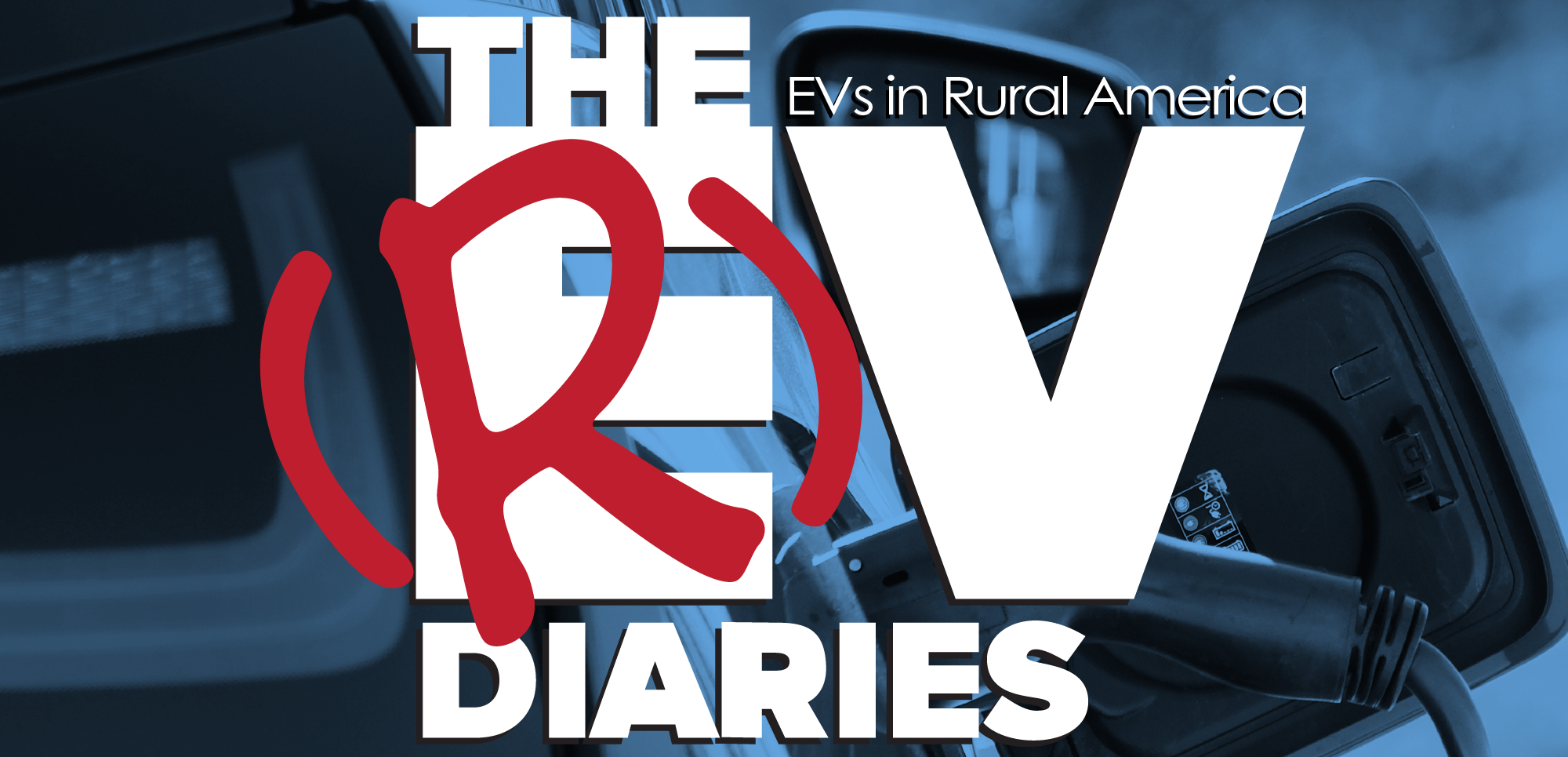Last week we discussed the BMW tweet where they called everyone “boomers”. We found out after the fact that the article was almost two years old but we thought the question they asked was still valid and relevant- “What’s your reason not to change?”
After much thought, the answers to such a question are varied. Perhaps the idea of being an early adopter (yes, it’s still early) seems daunting and you want to see what other people do. Or, maybe, there’s too many things to consider and staying with gasoline or diesel seems the easiest route. It could be you have a tinfoil hat and EVs are just a government conspiracy to control where we go and what we do by forcing us into them and then limiting the energy to use them. (You’re not alone.) Conceivably, you’re not comfortable with change or what it may bring with it. Whatever the reason, it all boils down to FEAR; fear of being first, fear of the unknown, and fear of making a mistake. Sometimes fear is justified, but most often it’s not. It’s an internal dialogue you have with yourself that can blow things out of proportion and cloud your judgement.
I’ve found, as it is often expressed, that the best way to overcome fear is to take action. I’m not saying you should face your concerns by going out and buying a Tesla, but you can start doing research on one. You can investigate available charging networks in your area or talk to your EV owning co-worker. Identify your concern, clearly assess the situation and look at the evidence. I promise you that you are not the first EV owner and seldom is adopting one going to prove fatal. You can always go back to ICE… for now, but that’s another topic for another day.
EVs are coming because change is coming. You can let the change happen or you can control the change. For us the answer is “There is no reason not to change. Bring it on!”
Podcast: Play in new window | Download
Subscribe: RSS
